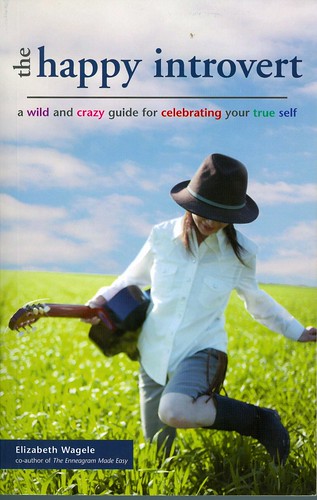 Winona Ryder admits there were times when she thought, “I’m too sensitive for this world right now; I just don’t belong here.
Winona Ryder admits there were times when she thought, “I’m too sensitive for this world right now; I just don’t belong here.“It’s too fast and I don’t understand it.”
Many artists, including actors, are highly sensitive and use this trait to be even more creative.
But it can also lead to being emotionally overwhelmed, if you don’t take care of yourself.
Everyone has some sensitivity to inner experiences and emotions, to the moods of others, and to many other sensations.
But highly sensitive people have unusually strong awareness and reactivity, and are more likely to be shy or introverted – not that those are the same traits.
..
..
It can show up in many ways, and actors have different ways of dealing with their high sensitivity.

Renee Zellweger says when she expresses something, it’s through the filter of her character, so she never feels exposed. She thinks of making movies as “private experiences” and avoids thinking about disappointing people.
By the way, I am not presuming to label anyone here as a highly sensitive person (HSP) as described by Dr. Elaine Aron and others.
But many talented actors have identified themselves as highly sensitive, or at least talked about their sensitivity, including Ellen Muth; Heath Ledger; Amy Brenneman; Mandy Moore; Alison Pill; Naomi Watts, and Brittany Murphy, who once commented, “I’m a very oversensitive, vulnerable person. You have to be to do this for a living.”
“I get emotional all the time,” Jennifer Beals once said. “Every now and again, my heart just explodes and expands.”
Laurel Holloman, her castmate on the tv series “The L Word,” has commented, “My theory on that is all the best actors have a couple of layers of skin peeled away.”
Scarlett Johansson has noted that sensitivity can have a dark side: “I think I was born with a great awareness of my surroundings and of other people. Sometimes that awareness is good, and sometimes I wish I wasn’t so sensitive.”
One way to help yourself is to look at how you describe your feelings.
Are you “too sensitive” to work effectively or be with people who are more “normal” or less sensitive?
Acknowledging yourself as being highly sensitive may help your self concept and confidence much more than saying you are “too much” something or other.
Fame can be an assaultive experience for sensitive people. Johnny Depp has said he felt so intimidated by his celebrity status during his early career that he was often drunk to “be able to speak and get through it.”
But fame can also be strengthening, as Kim Basinger explained: “Because I’m such a shy person, having to live it out loud in front of everyone has made me a stronger woman, so much stronger, that it’s been a gift to me in a way.”
Shyness is a common experience for many highly sensitive people, including actors.
Nicole Kidman has commented, “It was very natural for me to want to disappear into dark theater, I am really very shy.
“That is something that people never seem to fully grasp because, when you are an actor, you are meant to be an exhibitionist.”
Jane Fonda admits she didn’t get over her shyness until she was about sixty.
 Evan Rachel Wood says, “I used to not even be able to order pizza on the phone because I was just so shy.”
Evan Rachel Wood says, “I used to not even be able to order pizza on the phone because I was just so shy.”She thinks acting allows so much to come out on-screen, “because that’s my time to let go in a safe place.”
Frances McDormand has talked about the “mental scar tissue” that helps us deal with emotional pain in life, and thinks, “An actor’s scar tissue really never covers over things the same way, not if you’re going to be sensitive.
“With good technique, an actor can do that and walk through life without going insane.”
One strategy she suggests is to simply get away from the theater or the set, and live life in the real world, not a fantasy world – especially one like a film set that can be designed to be emotionally intense.
The stage or film set can be a “safe place” in many ways, and a workplace environment where sensitive people can express themselves much more freely than in the “real world” outside.
But wherever you go, sensitivity does not disappear.
From The Inner Actor.com site











